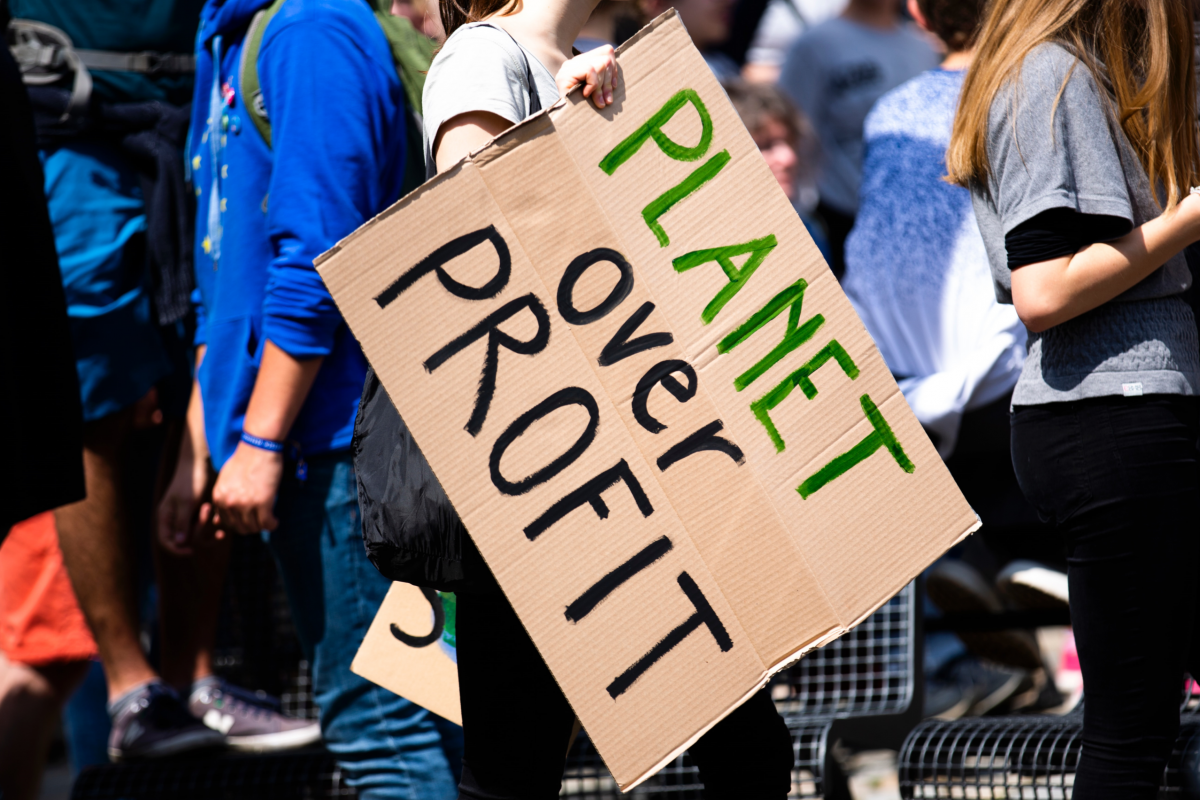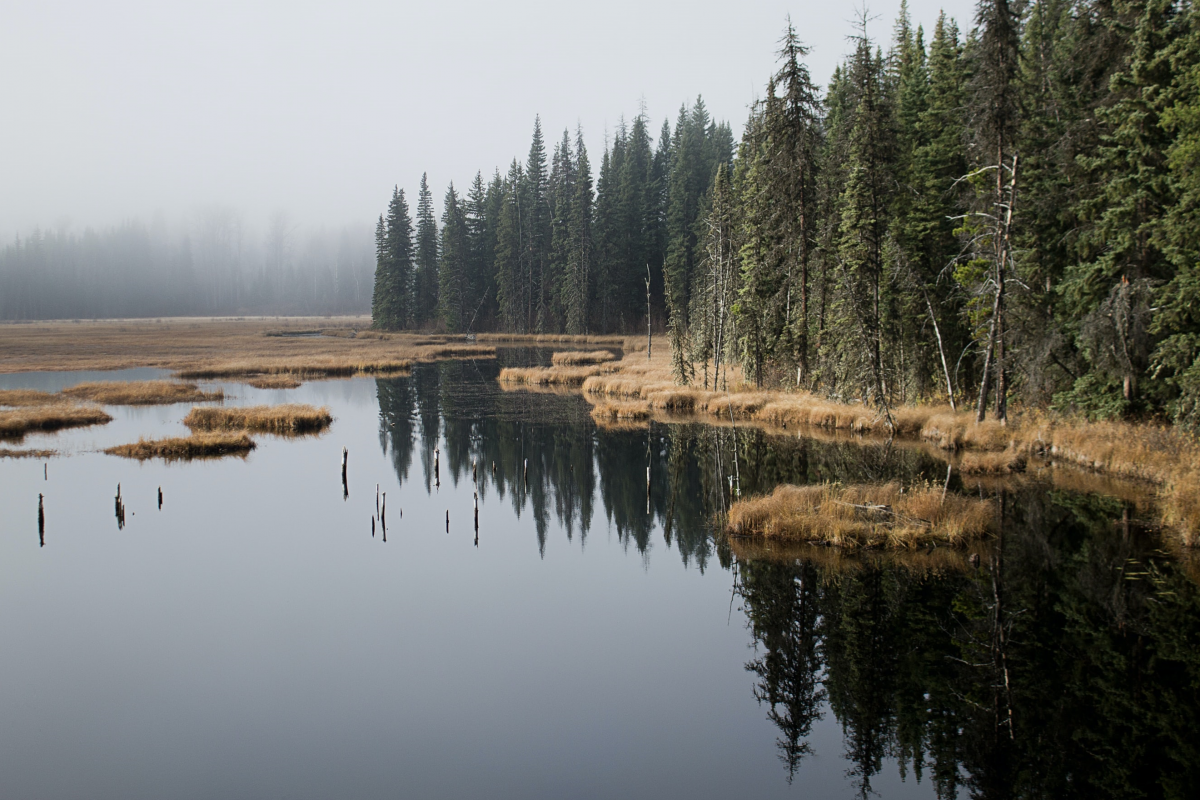Queen’s experts share their hopes for COP26
November 8, 2021
Share

As the UN Climate Change Conference (COP26) in Glasgow, Scotland moves into its second week, some environmental research experts at Queen’s University are watching the negotiations closely to see what impact the latest international scientific research will have on the negotiations.
This conference began on Oct. 31 and runs to Nov. 12 and it is bringing together more than 25,000 participants, including world leaders, negotiators, and research experts to work towards the goals of the Paris Agreement. Signed in 2015, the Paris Agreement calls for countries to keep cutting emissions until they reach net zero by 2050. In addition, wealthy countries have been asked to support poorer nations by providing compensation to help them reduce emissions and cope with climate change.
Canada Research Chair in Environmental Change, John Smol (Biology), says there is a pressing need for action instead of vague promises coming out of the COP26.
“Scientific data regarding the immediate and long-term repercussions of climate warming have been available for years, and yet the world continued to sleepwalk to disaster. Alarms keep ringing, but we seem content to keep pressing the snooze button,” says Dr. Smol. “I can’t imagine what additional observations are needed to recognize this existential crisis. Our lack of effective action will have a massive price, a cost that will be largely borne by our children and grandchildren. The stakes are enormous, and we are out of time. Hopefully we have finally woken up to the magnitude of the issues facing us and we are sincere in taking effective and verifiable action, and not simply making vaguely worded promises.”
Kyla Tienhaara (Environmental Studies and Global Development Studies) is the Canada Research Chair in Economy and Environment. She says her main interest is in what announcements are made on phasing out fossil fuels and ending public support and financing for fossil fuel projects.
“At the start of the conference, I did not have high expectations for this COP, but the announcement last week that more than 20 countries, including Canada, will end international financing for the fossil fuel sector by the end of next year is a huge breakthrough,” says Dr. Tienhaara. “Another announcement, that more than 40 countries have pledged to phase-out coal power, is also welcome. But it is disappointing that the U.S., Australia, China, and India did not sign on. As for my hopes for the rest of the COP, it would be great to see more countries join the Beyond Oil and Gas Alliance – interesting to note that Quebec announced that it is joining.”
Edward Struzik (Policy Studies) is a fellow at the Institute for Energy and Environmental Policy at Queen’s University. He says he would like to see an international commitment to restore and protect peatlands come out of the COP26.

“Peatlands such as bogs and fens as well as swamps and marshes represent just three percent of the earth's surface but they store twice as much carbon as all of the world's forests. They also filter and store water and slow or stop wildfires,” says Professor Struzik. “In Canada, peatlands continue to be degraded by oil and gas and hydroelectric developments, mining, urban expansion, and runaway fires. Ways of financing the restoration of damaged peatlands are badly needed. Most of the responsibility so far has been left to impoverished grassroots organizations.”
Issues on the agenda for the final week of the COP26 include discussions around gender equality and the participation of women and girls in climate action, the transition to 100 per cent zero emissions vehicles, and accelerated action on sustainable cities and regions. The conference’s program of events can be found on the UKCOP26 website.